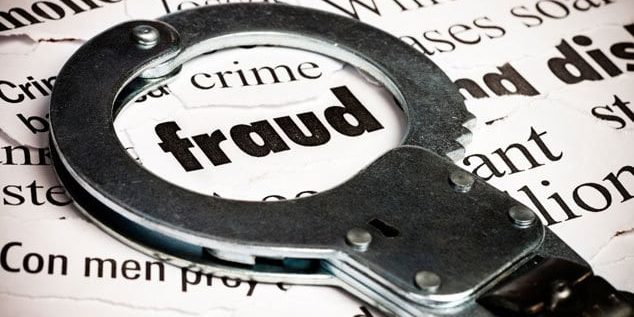Topic: Fraud in Financial Reporting Systems
Characters: Russ, President; Monica, Vice President-Small Business Loans at local bank Rick, Controller
Rick was hired as Controller to help sort out and organize the records of a $7 million dollar medical supply firm. This company was recently extended a $1,000,000 small business loan to acquire the assets of a competitor that was going out of business. In Rick’s view, the acquisition was a financial mess. Inventory records were misplaced or inaccurate, and no one could figure out the accounts receivable, most of which were over 45 days past due. Although salesman from the acquired firm were retained, a sales decline in the industry and poor management of the new firm led to attrition of the best and brightest individuals.
Because of the sales decline, the bank was pressing to know more about the consolidated entity’s current financial situation. Monica, the bank Vice President in charge of the loan, and her staff of bank auditors were in daily contact with Rick. Each morning, Rick was a bit nervous about that days’ cash draw since the firm really played the float. Moreover, Russ, the President, would often hold large vendor checks in his desk drawer without telling Rick.
Although the financial resources were strained at best (the firm had trouble reimbursing petty cash), there was a sense of optimism within the organization. As the company penetrated the nursing home industry, it was pulling in enormous profits from Medicare due to markups at eight times its costs. As a result of these sales, the firm would start earning a small profit in the fourth quarter. Even at the end of the year, however, Russ did not want to mention these sales figures to the bank or accrue the revenue and accounts receivable until the checks arrived, because he was unsure when the government would be paying for the goods, and more importantly, because he wanted to have something in his back pocket in case the bank wanted to foreclose. Furthermore, Russ, as the majority stockholder in the firm, was concerned he would lose the firm if bankruptcy proceedings should start.
After a few months of recording sales on a cash basis, Rick started slipping hints to the bank that the company’s financial status was better than was reported. Still, it was not his company, and he needed to keep his job. He knew that Russ would “play games” with other people, but he would not appreciate other people’s “playing games with him.” Moreover, Russ did not trust new employees, and Rick knew he would have to “earn” the President’s trust.
Author: G. Stevenson Smith, Ph.D., CPA, CMA, Professor of Accounting, West Virginia University
Co-author: Curtis Jay Bonk, Ph.D., CPA, Assistant Professor of Educational Psychology, West Virginia University
What Are the Relevant Facts?
The company is suffering severe cash-flow problems and a significant decline in sales.
The bank is seriously concerned about the company’s ability to continue as a viable concern.
Rick, the Controller, was working to bring the new acquisition on line.
Russ, the President, was juggling cash inflows and outflows in order to have an advantage in any negotiations with the bank about the loan.
Russ enjoys “playing games” with other people.
What Are the Ethical Issues?
Are these practices fraudulent?
Does Rick have an obligation to disclose fraudulent practices?
If Rick has consented to these practices, up to this point, is he guilty of unethical behavior?
Does the President have an obligation to be concerned with issues beyond the survival of the firm at this point?
Does the President have an obligation not to put employees in this type of situation?
To what extent is Rick’s behavior responsible for the fraudulent reporting?
Rick can talk to the company’s auditors when they arrive.
Rick can continue as he has been doing.
Rick can talk to Russ and explain his concerns about these practices.
Rick can look for a new job.
What Are the Ethics of the Alternatives?
Is anyone receiving an inequitable benefit from the practices?
Is the bank being harmed by the practice?
Will more people be harmed if the practice continues or stops?
Are the practices justifiable in light of the alternatives, i.e., possible bankruptcy and unemployment for a number of workers?
Is Rick being FORCED into unethical behavior?
Does Rick have an obligation to disclose his company’s practices to outside entities?
Does Russ have a right to expect loyalty from company employees?
What Are the Practical Constraints?
The company’s financial situation may turn around now that it has Medicare sales.
Who Are the Primary Stakeholders?
Russ
Monica
Rick
Stockholders
Bank customers
What Are the Possible Alternatives?
Rick can go to Monica and explain exactly what is occurring at the firm.
Rick is certain that he will not be able to convince Russ to change the practices.
If Rick tells anyone about the practices, Russ will view Rick as a traitor who is undeserving of “trust.”
What Actions Should Be Taken?
What alternative would you chose?
What ethical theory (utilitarian, rights, justice) makes the most sense in justifying your action?






